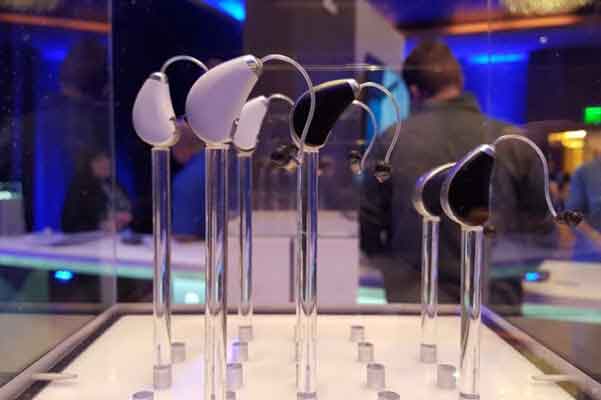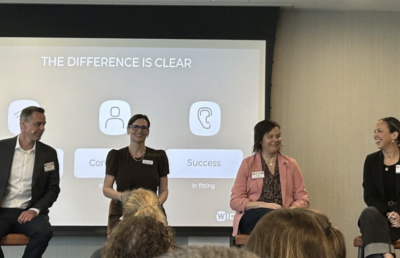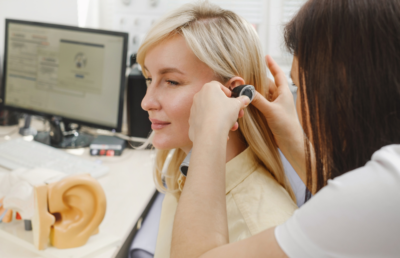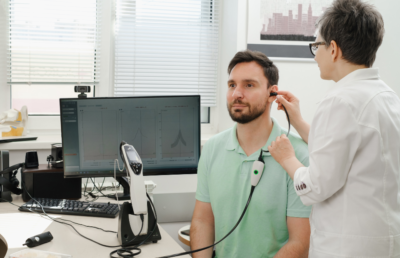If you’ve heard of the new market of hearables, then you might be wondering how this new technology compares to more traditional hearing aids. We hear this question a lot, so we thought we’d cover some of the basics.
First, a couple of definitions: a traditional hearing aid or hearing device is a medical device meant to improve hearing for those who are suffering from hearing loss. A hearable, on the other hand, coming from the word wearable, is a recent type of over-the-counter technology meant to enhance hearing for anyone who is interested in such a device. A hearable, for instance, can be used to improve hearing at a sporting event by an individual who doesn’t suffer from hearing loss.
One great thing about hearables is that by coming from the tech industry, they’ve introduced things like bluetooth integration, automatic hands-free phone use, and mobile app interfaces that help you customize the device and the hearing experience to your needs and to the environment you’re in. Now, traditional hearing aid manufacturers also understand how important these features are to patients, and these features are being incorporated into many traditional hearing devices as well.
Obviously, there is middle ground between these two types of devices, because they both aim to enhance hearing. With that being said, each excels at different sides of the spectrum.
For those with moderate to significant hearing loss, traditional hearing aids offer more options for customization and have specialized technology that is too niche to be included in mass-market hearables. They also have the power and strength to provide enough amplification to aid someone’s hearing so that conversations will be easier.
On the other hand, if you suffer from mild hearing loss and consult with a doctor of audiology, you may be able to use a hearable to achieve the same effect as a traditional hearing aid, and possibly at a lower cost.
So, it all comes down to the question, does this hearable offer sufficient customization to work with my particular type and severity of hearing loss?
Only an audiologist has the expertise to make that call, so, while it may be tempting to purchase an affordable hearable device over the counter, you may ultimately be doing your hearing a disservice. An audiologist can provide you with the proper recommendations as well as the proper devices to help you hear at your best.
Have a question about traditional hearing aids or hearables? We’re here to help! Contact us today to set up a consultation!
Dr. Marie Vetter-Toalson Au.D. is the owner of Chicago Hearing Services and a Doctor of Audiology dedicated to empowering her patients and the public with greater knowledge and education around hearing health.





